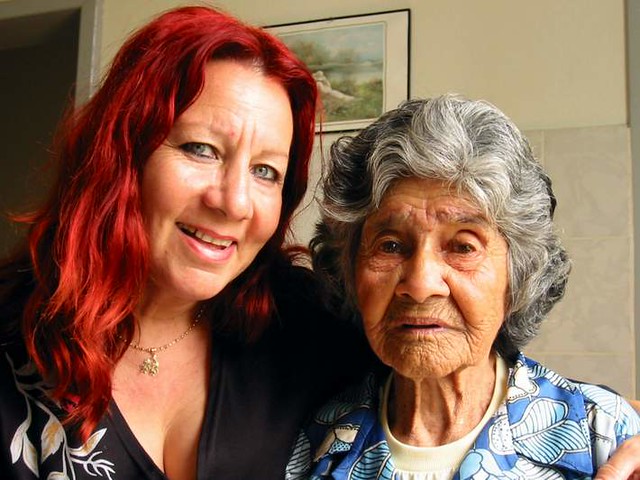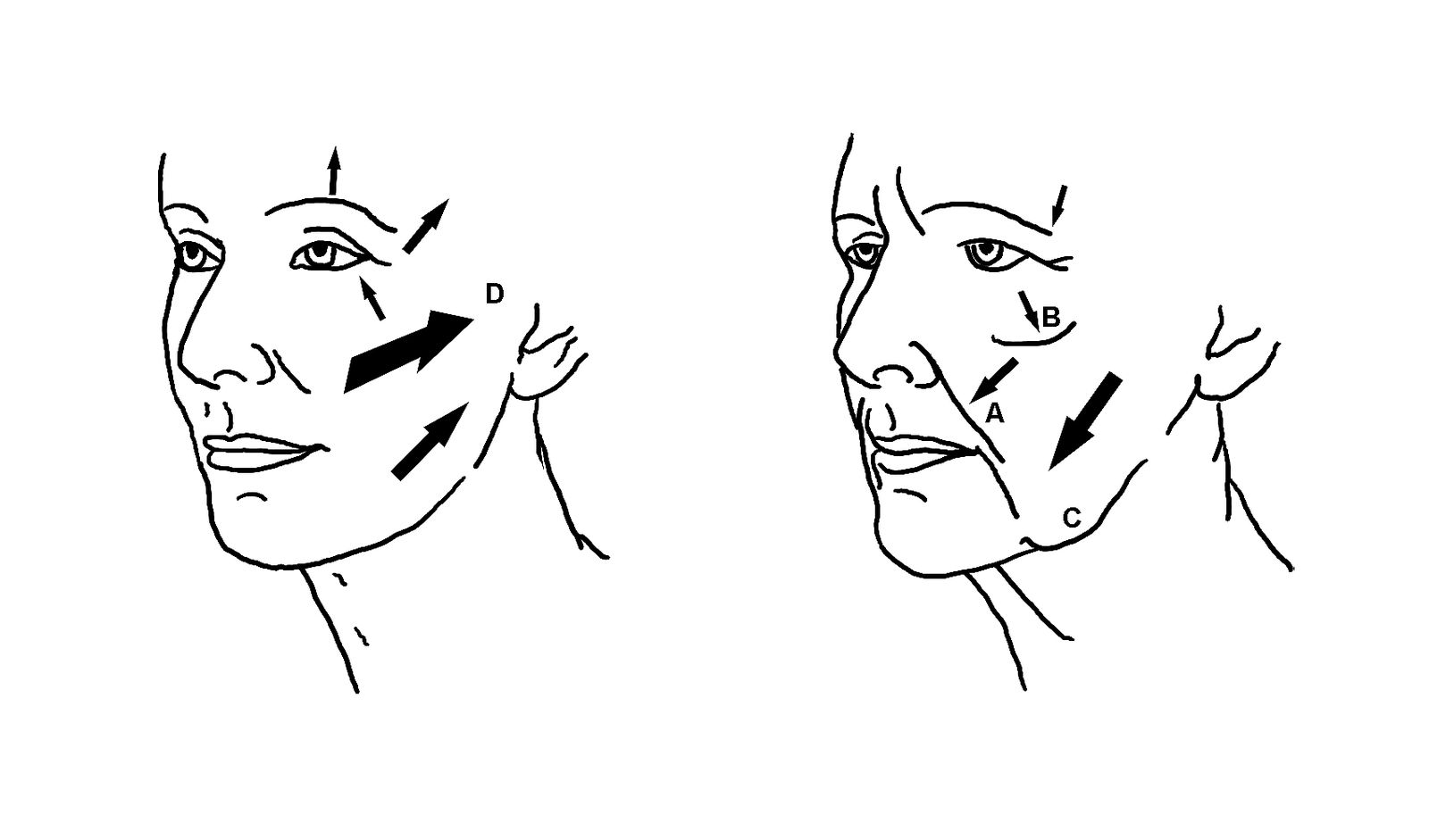Difference Between Ageing and Aging
The difference between ageing and aging is simply in the spelling of the two words. The meaning of the words aging and ageing is exactly the same. The use of these words in a sentence is also exactly the same. Which of the two words would you choose then in a sentence about growing old? The spelling choice depends on your choice of written English. If you are writing for an American publication, the preference would be to use aging. Americans like to drop the e and add the ing. Both these words mean ‘to get older’ they sound the same and have the same usage in context. Universally ageing is more commonly used. When choosing between the two, it is important to check the audience you are writing for, and then be consistent with the spelling of the word.

Ageing and aging describe the process of growing old. Ageing or aging can be applied to people growing old or to plants, animal or food. Sometimes ageing or the aging process is required to produce quality items like wine or cheeses. Ageing is used more regularly than aging. The rule of dropping the e to add ing applies to aging but not to ageing. This may cause some confusion as students learn the rule and apply it to words like rage – raging. Using the word consistently is the key to accuracy in written work as neither spelling is incorrect, but a good piece of work will be consistent with the chosen spelling of the word ageing or aging.

The rule applied to the phonetic use of the soft ‘g’ or ‘c’ sound is an ‘e’ or a letter ‘i’ follows the letter ‘g’ or ‘c.’ For example ‘g’ in giant sounds like a ‘j’ sound and considered a soft g followed by an ‘i’ or if you spell the word conceit the same rule applies as the soft c sounding more like an ‘s’ is followed by and ‘e.’ In the phonetic explanation of these sounds it is also necessary to have two vowels to give a long vowel sound. This is rather complicated, but does help to understand how words are composed within certain sound rules and phonetic applications. Spelling rules therefore shed some light on why the two words are spelled differently. The choice is relevant only to the type of English being used and the country the writer may be writing for.
Deciding on which rule to apply or which word to use in written work is really up to the individual and for the audience the work is being written for. Neither of the words written as aging or ageing are incorrect. They both mean the same and sound the same and are used in the same way. Therefore, the only difference is the spelling and the spelling rule that may or may not apply according to the use of the word.
The American football hero was aging and no longer active.
Queen Victoria was ageing and no longer active.
In these two sentences aging is used to describe the American and ageing is used to describe the English queen.
- Difference Between Lagoon and Bay - October 20, 2021
- Difference Between Futurism and Preterism - August 12, 2021
- Difference Between Dichotomy and Paradox - August 7, 2021
Search DifferenceBetween.net :
Leave a Response
References :
[0]Bussing Kim, www.thoughtco,com/ council-vs-counsel commonly confused words.Jan 14th 2019 Pub. Dotdash pub. Family.
[1]Koorey Dean. Www.writerscentre.com.au./blog/aging-vs-ageing 12/04/2018 Pub.Australian writer’s centre.
[2]Image credit: https://commons.wikimedia.org/wiki/File:Ageing_of_the_human_face.jpg
[3]Image credit: https://live.staticflickr.com/23/38724690_5c1b59ea7f_z.jpg
